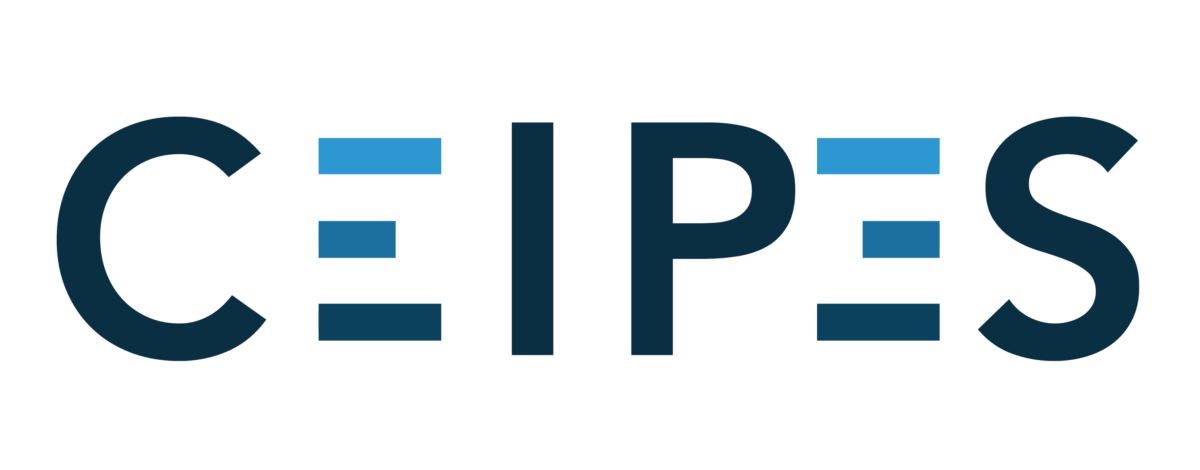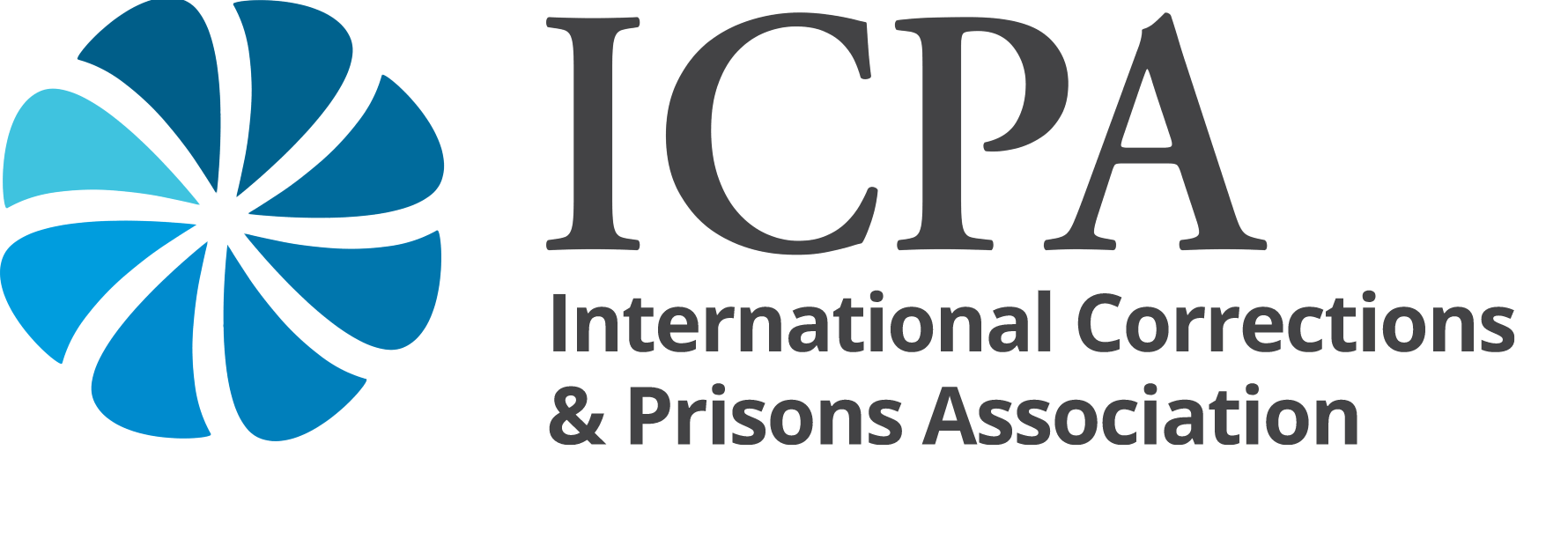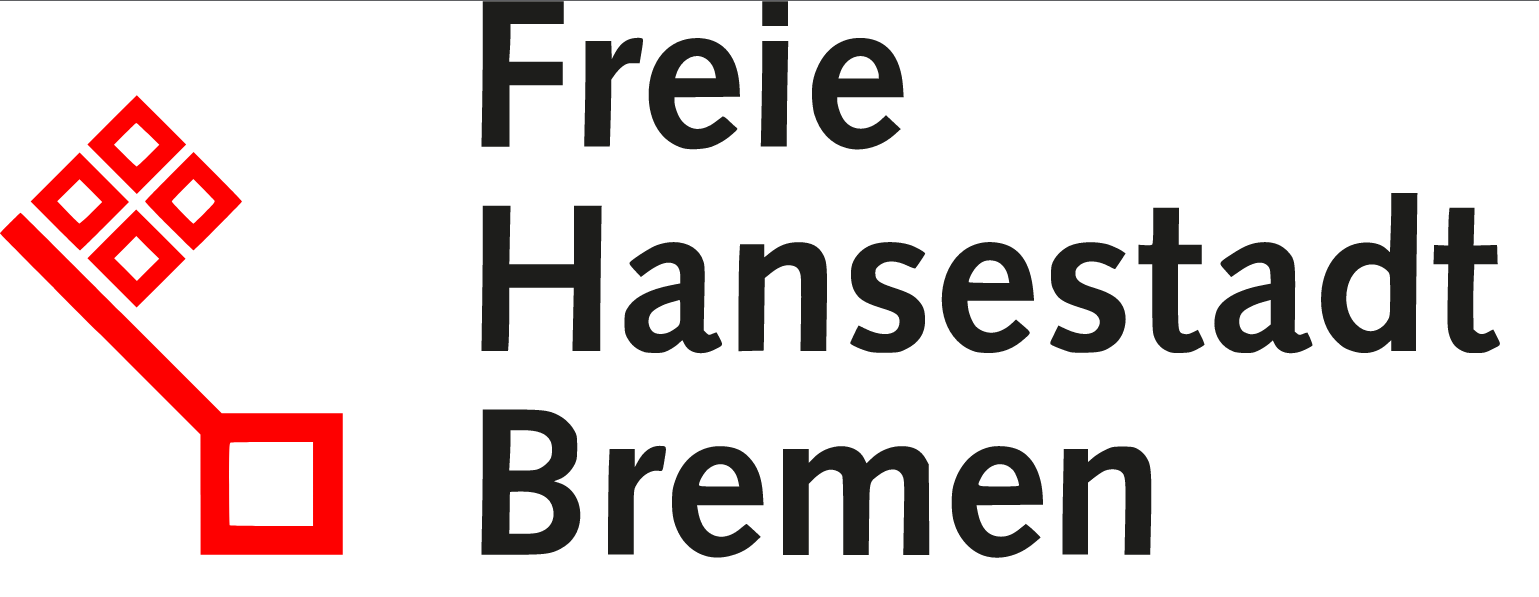
CCJ4C-European Career Counselling Guidelines for Staff Working in Criminal Correctional Justice System
Project Number: 12883-EPP-1-2019-1-RO-EPPKA3-PI-FORWARD
Timespan of the Project: 01/01/2020 – 30/04/2023
Project E-mail: info@ceipes.org
Financial Program: Erasmus+
Objectives
- Develop, test and set in place a working methodology for starting or improving the career guidance process in the criminal correctional justice (CCJ), focusing on the competencies needed to manage own career. This will be done with direct end user involvement (prison staff), employers (prison administrations), work place (prison), further training (companies and NGOs).
- Put on the European public agenda the need of a structured and guided approach to career management in prison system, starting with the involvement of the direct interested parties. This will be done with direct involvement of prison administrations, trade unions and international professional bodies
- to kick-start longer-term changes and field-test innovative solutions to challenges in the education and training of criminal correctional staff, which have the potential of becoming mainstreamed and to generate a sustainable and systemic impact on criminal correctional justice system interacting with education & training system, in implementing the “learning prison”
- to support trans-national cooperation and mutual learning on forward-looking issues among key stakeholders of the criminal correctional justice system, with the purpose of implementing the “European learning Prison” concept
- to facilitate the collection and analysis of evidence to substantiate innovative policies and practices in career guidance for prison staff, focused on the lifelong learning experience of the prison settings.
- support greater understanding of career management skills;
Activities
- Deliver a “current situation” paper for each of the partner countries (in EN and in national languages) and a structured common report relevant at European level (in EN) highlighting the challenges of initial and continuous professional development context, with the expectation of equal opportunity learning outcomes. This paper will underline the need of the career guidance tool and it will capture the first foresight exercise organised by the project partners and stakeholders
- Organize a peer-review exercise for the structured common report relevant at European level focused especially in the data collected from the foresight exercise; the staff of the partners will have an intense learning experience of one day, on two of the major tools of the project: foresight techniques and structured public hearing
- Identify at European level and in the project countries the public policies relevant for career pathways in criminal correctional justice and especially for prison staff, correctional staff operating in the various prison contexts.
- Identify in partner countries the career pathways, how they are supported, and how lifelong learning is embedded in the career and what developments are prepared.
- Organize in each partner country a first “stakeholders check-point” with local and national stakeholders, using the foresight methodology of the 7 Questions Technique, gathering national intelligence about the future of the CCJ careers and why / how guidance needs to be set in place
- Present the national “current situation” paper in partner’s country, at a public event under the form of a structured public hearing, resulting in a synthesis report including all the deponents’ opinions, to be forwarded to the relevant policy maker
- Deployment of a second “stakeholder check-point”, on-line, (via EU Survey tool) again using the foresight technique
- Development of an on-line environment for career management support destined to:
- Assist in self-assessing of competences, against the competence profile,
- Provide a learning solution scenario based on the assessment and on support materials available from previous activities
- Provide a personal development planning tool which assists correctional staff (and their HR manager if the case) to plan and evaluate progress in career management competencies.
- Pilot the on-line environment in the partner countries and adjust the initial content. The quality assurance partner will provide piloting scenarios for each of the partners, based on their deployment capacity and impact: pilot in a prison, pilot with trade union members at national level, pilot through prison administration system, pilot through international professional bodies. In each of the selected scenarios, any one partner will work with at least 20 correctional staff in piloting over a span of 3 months sections and sequences of the on-line environment.
- The partnership will develop a meeting at the European parliament in cooperation with the relevant Parliamentary Committee and host in parallel a practitioners’ master class presenting the modules, the virtual learning environment and the study cases
Results
What will result from the project approach:
- longer-term changes in dealing with career management in CCJ
- mainstreaming in the partner countries the tools and generate a sustainable and systemic impact on adult professional education systems, especially on career management skills;
- support trans-national cooperation and mutual learning on forward-looking issues concerning career management and adult education among key stakeholders from correctional justice;
- collection and analysis of evidence that substantiate our proposals of innovative policies and practices in bridging adult career education, career management in prison and supporting competencies for lifelong learning pathways.
- The partnership will develop a meeting at the European parliament in cooperation with the relevant Parliamentary Committee and host in parallel a practitioners’ master class presenting the modules, the virtual learning environment and the study cases
- Better information to stakeholders and/or the public (in this case the large community of learning professionals and prison training); improvement in strategic capacity of decision makers to work on the professionalization of career guidance in justice; reinforcement of democratic practices in a rather authoritarian context; increased confidence in institutional players.









The European Commission's support for the production of this publication does not constitute an endorsement of the contents, which reflect the views only of the authors, and the Commission cannot be held responsible for any use which may be made of the information contained therein.

